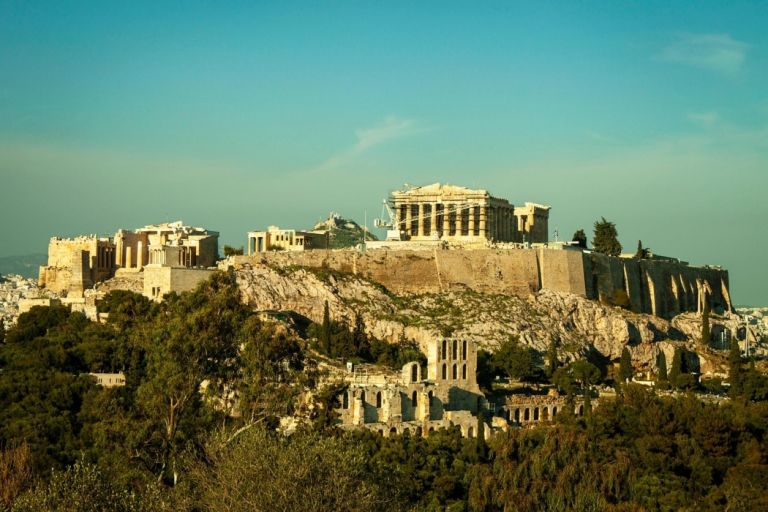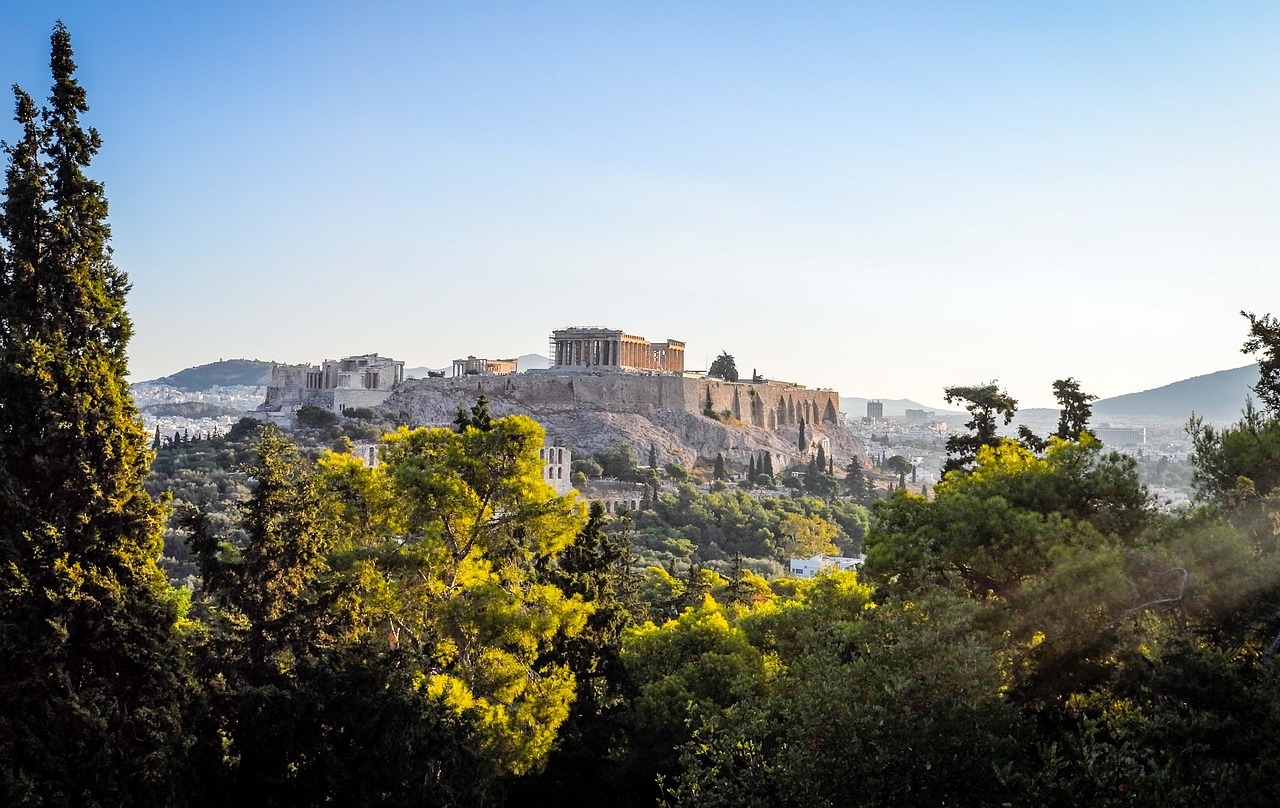Handelsblatt: What Germany Can Learn from Greece’s Comeback

Πηγή Φωτογραφίας: pixabay/Handelsblatt: What Germany Can Learn from Greece’s Comeback
Just a decade ago, Greece was seen as Europe’s problem child. Saddled with debt and threatened with ejection from the eurozone, the country became synonymous with economic collapse, austerity protests, and bailout fatigue. The fear was real: would Greece bring down all of Europe?
Today, that narrative has taken a surprising turn. Greece is now recording primary budget surpluses, gradually reducing its debt, and growing its economy at twice the EU average. Structural weaknesses remain — high unemployment, underinvestment, low wages — but the pace of reform has impressed even the skeptics.

Flexible Work, Greek Style
At the heart of Greece’s latest labor reforms is a new bill spearheaded by Labor Minister Niki Kerameus. It introduces flexible working arrangements tailored to modern needs, including the option to condense the standard 40-hour workweek into four 10-hour days.
“This is a law that comes directly from real workplace needs,” says Kerameus.
Unlike Germany’s model of the four-day week — often centered on reduced hours — the Greek version emphasizes flexibility, productivity, and sector-specific application, especially in tourism. The model also serves working parents, who value one extra weekday for their families without losing income.
The Return of Greece’s Lost Generation
The article highlights a hopeful trend: young, educated Greeks who left during the crisis are beginning to return.During the harshest years of austerity, hundreds of thousands left for the UK, Germany, and beyond in search of opportunity. That exodus — the “brain drain” — left a deep mark.
Now, the Greek government is using tax incentives and competitive salaries to lure them back. It doesn’t always come down to money — nostalgia, identity, and a renewed sense of duty play a big role in this reverse migration.
“They care deeply about their homeland,” notes Handelsblatt.
Germany’s Reform Fatigue vs. Greece’s New Confidence
The article draws a sharp contrast with Germany. In a recent Handelsblatt reader poll, when asked what they would do if they were in the Chancellor’s seat after summer holidays, 75% proposed structural reforms — education, healthcare, energy, taxation, migration, housing.
But these weren’t just demands for politicians. Readers also called for more personal responsibility, courage, and action — even at the risk of failure.
“What we need is courage to decide — even if mistakes happen. Cowardice is the last thing Germany needs,”said one reader.
Wildfires Shadow Tourist Season
Even as Greece sees positive headlines abroad, devastating wildfires continue to affect parts of the country, especially near Patras. Frankfurter Rundschau describes “dramatic scenes,” with flames destroying homes, farmland, and straining fire services to their limits.
Meanwhile, Merkur.de reports that Germany’s Foreign Office has updated its travel advice, warning tourists of elevated fire risks across Greece due to extreme heat, strong winds, and drought.
“Tourists are advised to enable emergency alerts on their phones and be prepared for rapid evacuations,”the site notes.
Source: pagenews.gr
Διαβάστε όλες τις τελευταίες Ειδήσεις από την Ελλάδα και τον Κόσμο






Το σχόλιο σας